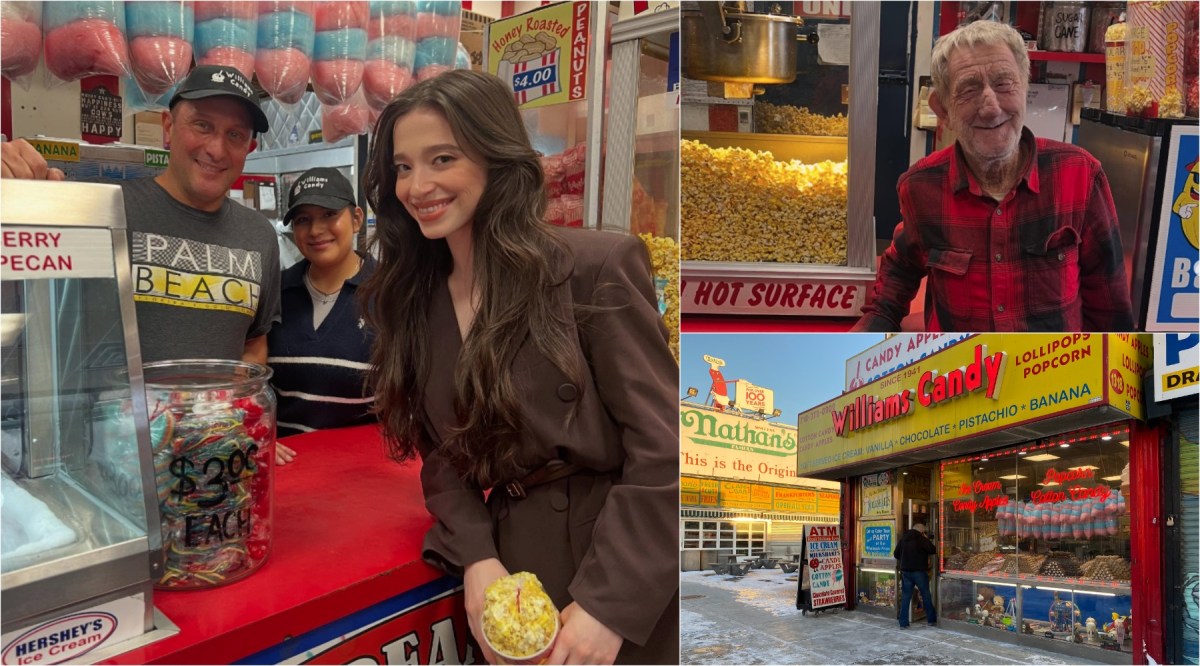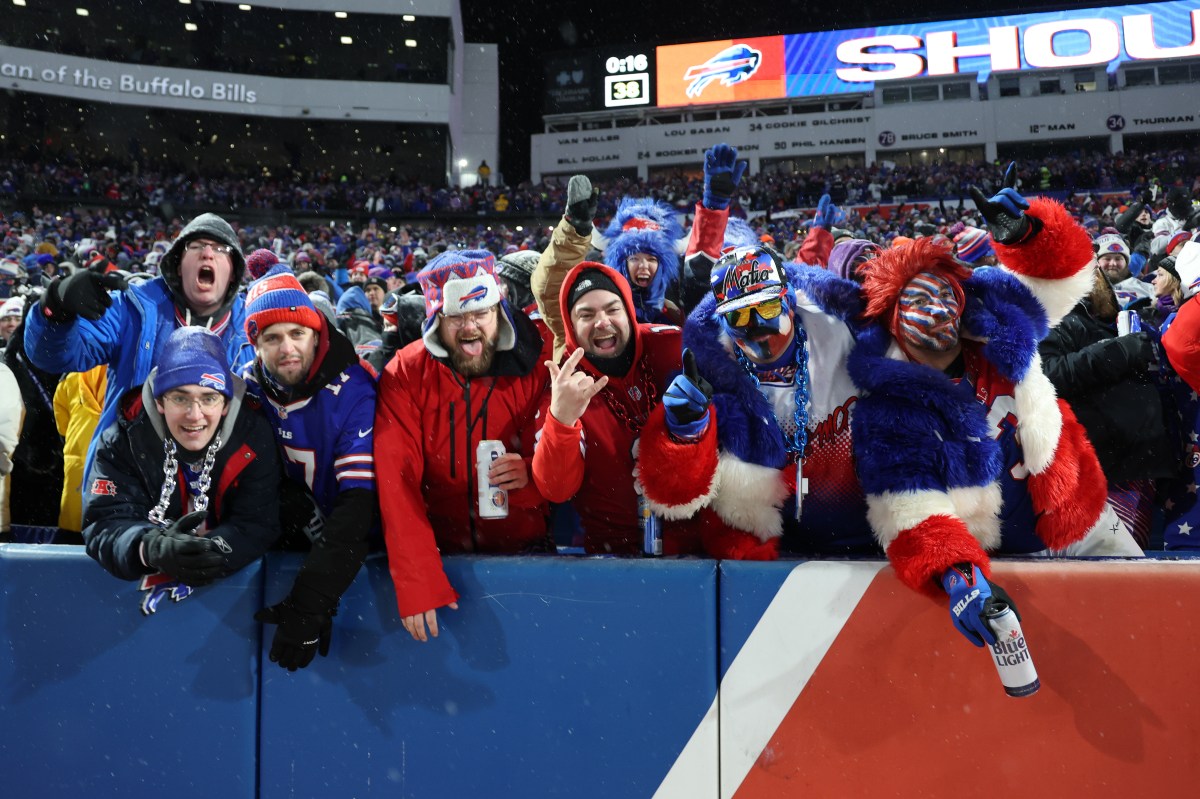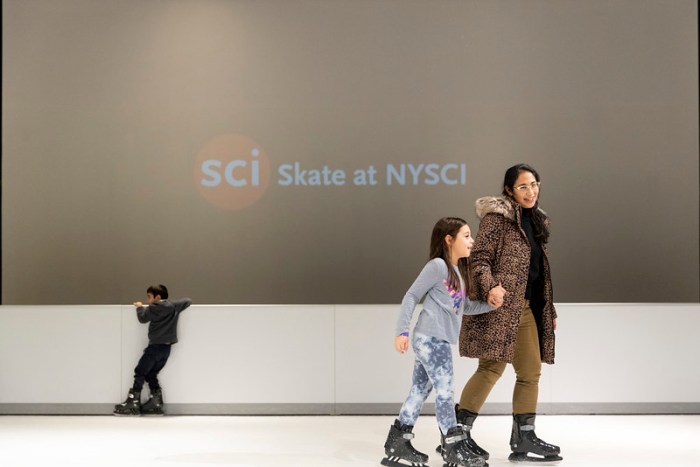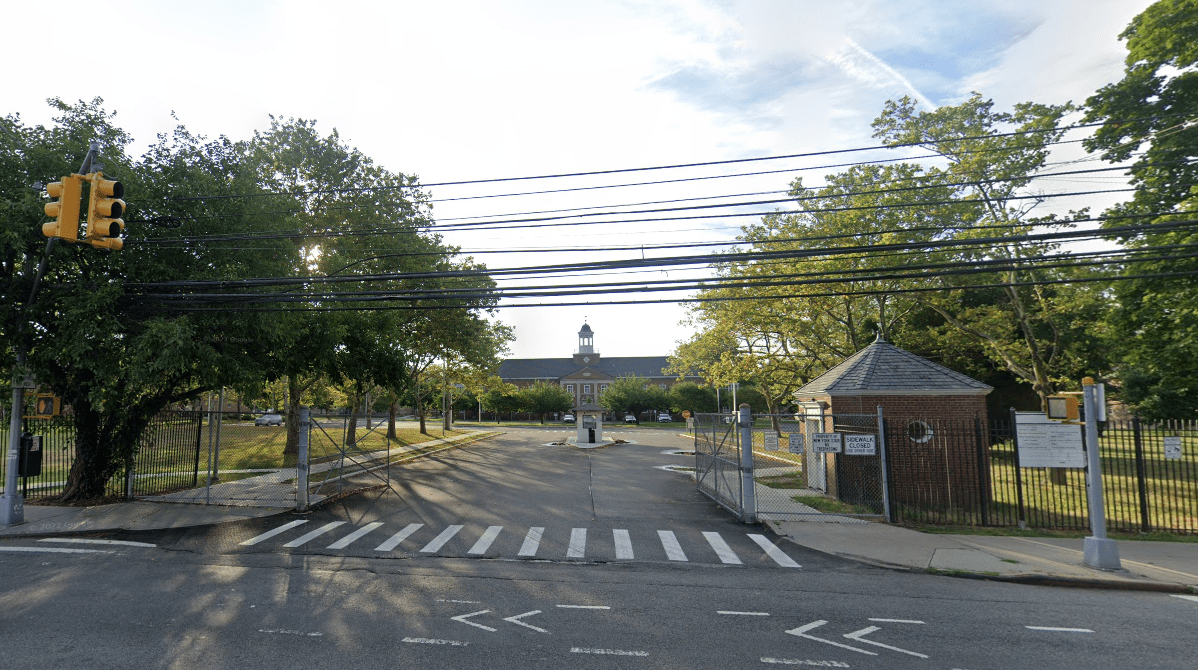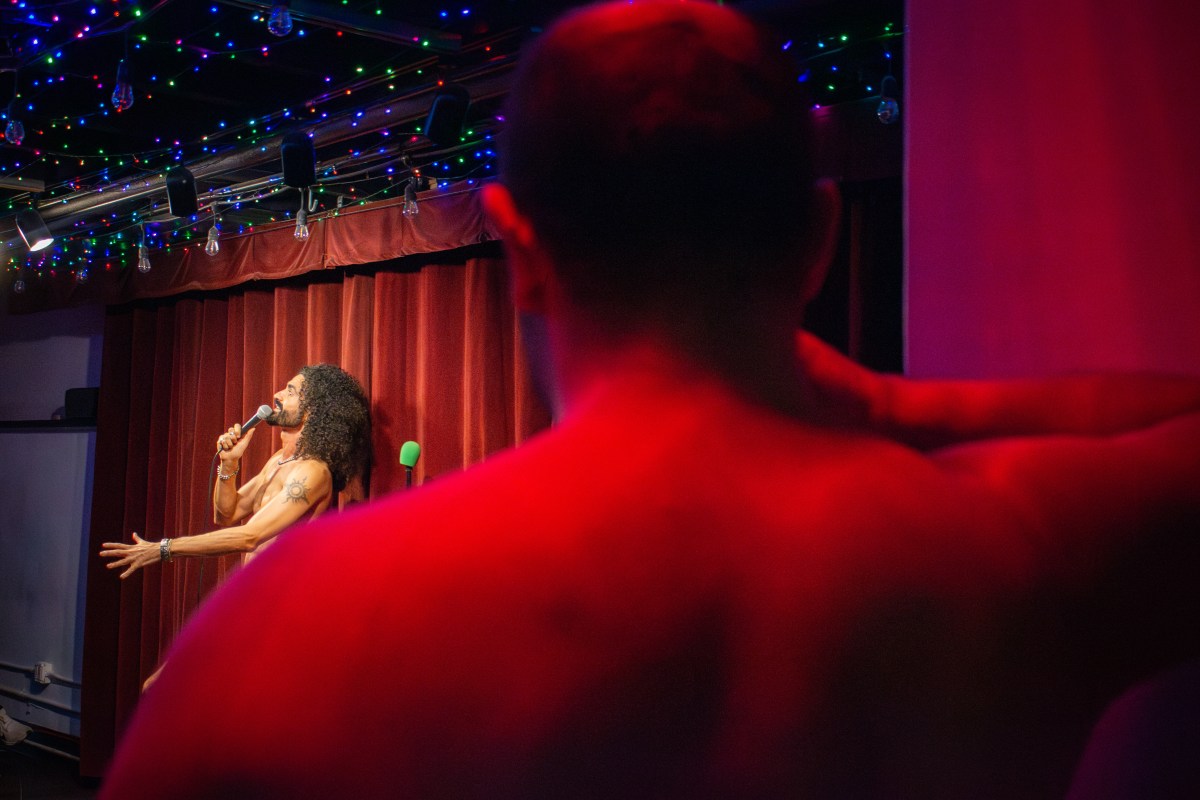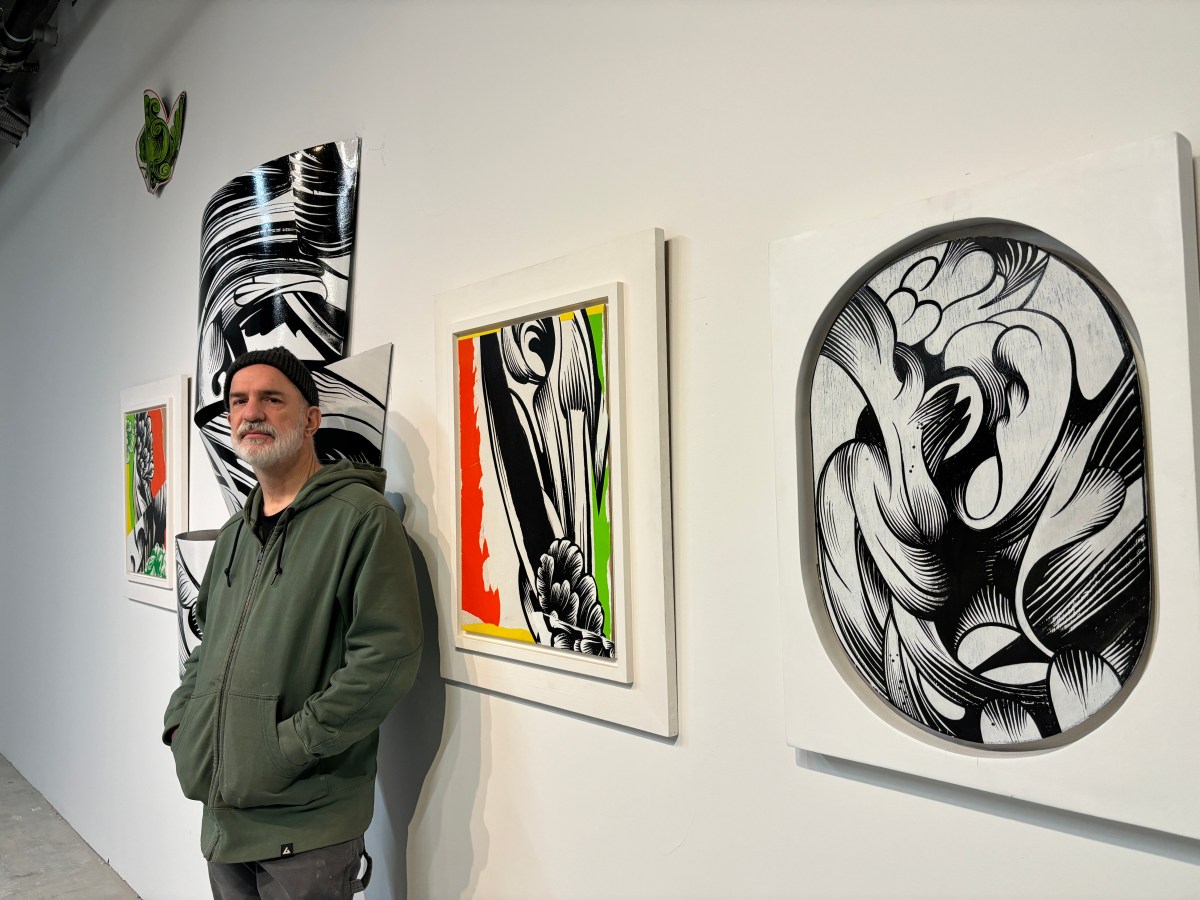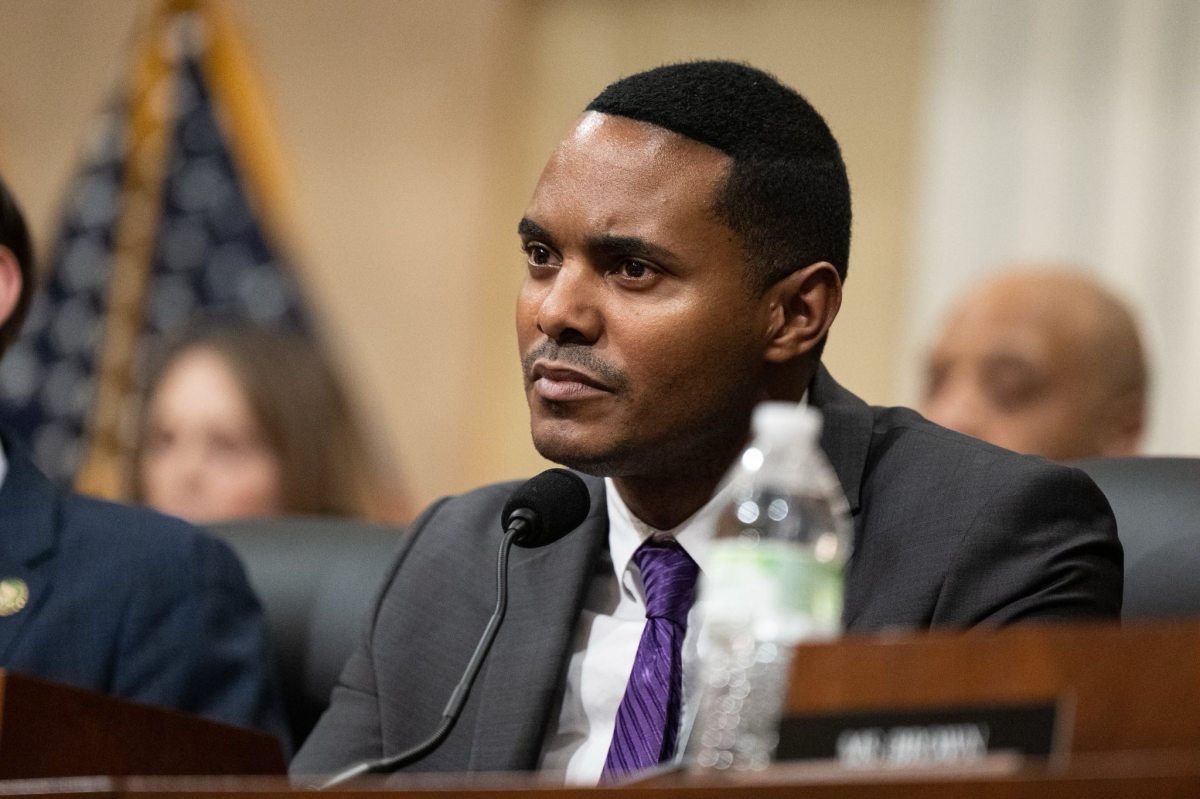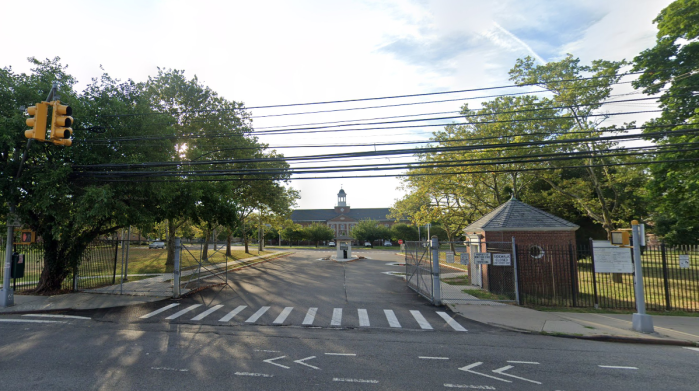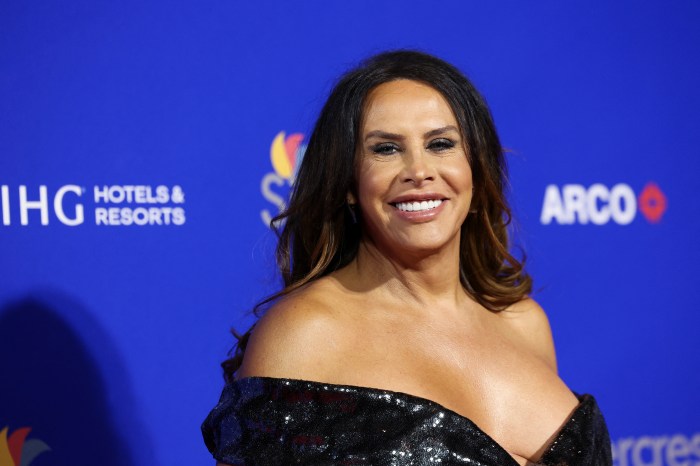Singer-songwriter Lee DeWyze is likely best known for television appearances. Most famously, he was the winner of the ninth season of “American Idol,” and his track for “The Walking Dead,” “Blackbird Song,” became a hit both among the show’s fans and the wider music world, finding its way onto the Billboard charts.
But when not on screens across the country, DeWyze has been prolific: his newest album, “Paranoia,” is his seventh in just 11 years, and he can regularly be found on the road, playing rooms known for attracting songwriters and appreciative crowds.
amNewYork caught up with DeWyze to talk about “Paranoia,” what he’s learned from his televised exploits, and what advice he’d give the contestants of the newly-rebooted “American Idol,” debuting in March.
The new record has some sounds that we’re not used to hearing from you — the prominent piano and vocal effects in the title track, for example. Is that intentional?
A lot of these songs were written before I had an idea of what I wanted this record to sound like. Being a singer-songwriter, it’s easy to get comfortable in the studio and do what feels natural — and for me, that’s the acoustic guitar. But on this record, I wanted to step outside of it just a little bit and experiment with different things in the studio, explore those different parts of me musically and see what happens. . . . It just kind of happened in real time. The sound felt good and I wanted to do more of that. I’m very in the moment in the studio, so for me, it’s a matter — and I know this sounds pretty broad — but however I feel on the next record is how it’s going to sound.
You’ve had quite a few television shows license your music over the past few years — “Blackbird Song” from “The Walking Dead” is your most-streamed track on Spotify, for instance. What do you take away from those opportunities?
It gives me a different outlook on my music. When I see it in something, it’s like, “I never saw it that way.” It lets me look at it from a different angle. My music seems to lend itself to those things. It’s another way for me to get my music to people, to these different audiences. That’s the best part of it.
You won “American Idol” in 2010. If you were given a few minutes to chat with the competitors of the show’s March relaunch, what would you tell them?
For me, a key for “American Idol” is understanding what you’re getting yourself into. It is a machine, but I’ve always maintained that songwriting is at the core of what I do, and that’s my main focus. The show’s not built for singer-songwriters. They go on there, but it’s not built for that. For me, it was a great platform to get my name out there, and I’ve got some amazing fans who followed me from the shows . . . The red carpets? Those are fun. But the core has to be about the music. And if you win or you don’t win, it doesn’t matter, because you still have that.



